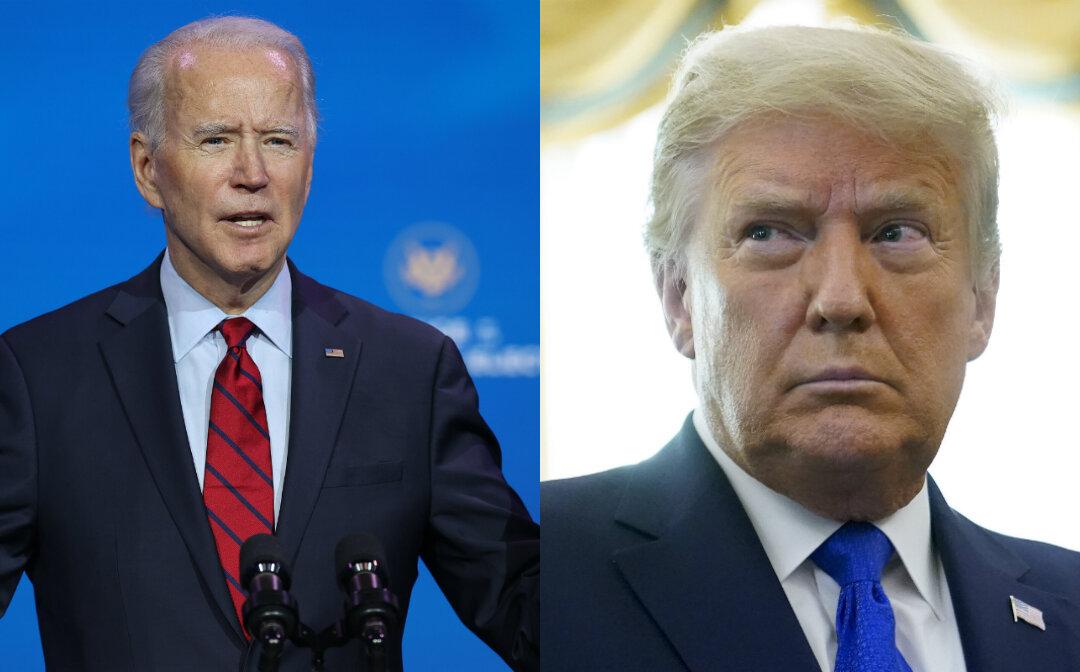More House members have said they will object to the Electoral College vote on Jan. 6 as Sen. Josh Hawley (R-Mo.) announced he would join the effort.
Rep.-elect Ronny Jackson (R-Texas) said Tuesday that he will also object.


More House members have said they will object to the Electoral College vote on Jan. 6 as Sen. Josh Hawley (R-Mo.) announced he would join the effort.
Rep.-elect Ronny Jackson (R-Texas) said Tuesday that he will also object.